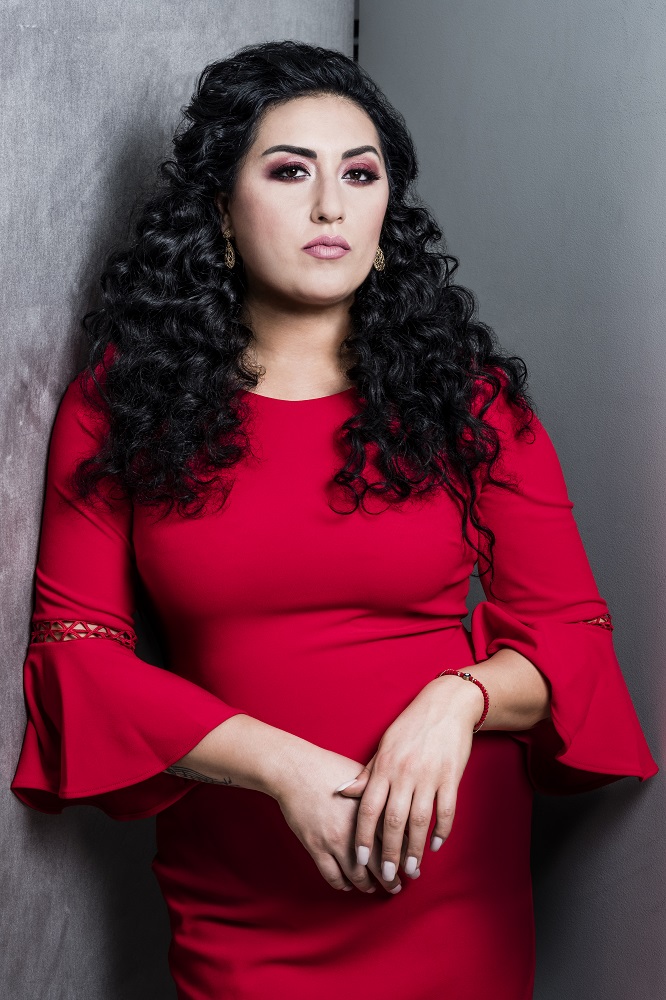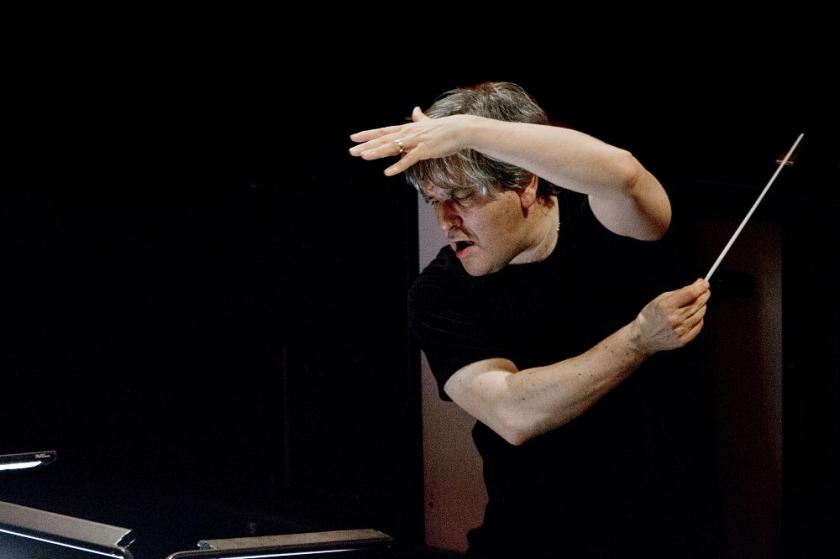There's now something of a gala atmosphere when the Orchestra of the Royal Opera House takes to the Covent Garden stage with its music director Antonio Pappano. Admittedly some of the players are not the same as when he took up his tenure, but the core relationship of 17 years - with the contract now extended to at least the end of the 2022/23 season - results in collegial music-making at an intense level which most orchestras can only dream about. As in 2016, he chose an all-Russian programme - none of it core repertoire, all of it spellbinding in one way or another.
Blink and you miss the fireworks display of the young (pre-Firebird) Igor Stravinsky's Feu d'artifice, especially in a performance as focused in its mercurial high-wire act as this (stopwatch criticism is never a good idea, but I guess Pappano must have shaved some time off its average four-minute duration). Easy to see why a work requiring such dedicated preparation isn't a frequent concert-hall curtain-raiser. The conductor's own gestures were pyrotechnic, but not in a showy sense; the dazzlingly-orchestrated sparks were controlled with a Boulez-like precision, the passing moments of airy French fantasy within the homage to teacher Rimsky-Korsakov - there is a nod, it seems, though it may just be coincidence, towards Dukas's The Sorcerer's Apprentice - the kind of thing that has always been a Pappano speciality.
Was the programming of diverse Rachmaninov songs at the heart of the concert destined to falter? Such sequences rarely have a unity, especially if the audience claps between numbers (this one did to begin with, but soon fell silent under the spell). Between them, though, Pappano, choosing highly successful arrangements of the voice-and-piano originals by Vladimir Jurowski's composer grandfather and the late, lamented Hungarian genius Zoltán Kocsis, and the Georgian mezzo-soprano Anita Rachvelishvili (pictured below by Dario Acosta) laid a golden thread through a dream-labyrinth.
 The composer's customary lugubriousness is gripping in "Christ is Risen" - the twist being that if the Saviour came along today, he'd weep for the shame of mankind - and "All things depart"; Rachvelishvili's true diva quality established an oracular quality here. But this golden voice in a million can slim down to a poised, centred calm as the gentle women appearing to tormented men in "As fair as day", with Kocsis subtly evoking the light and knife-twisting darkness of the First, "Anna Karenina", Symphony, and "When last we met". Pappano held the visions, drawing supremely subtle playing from his orchestra.
The composer's customary lugubriousness is gripping in "Christ is Risen" - the twist being that if the Saviour came along today, he'd weep for the shame of mankind - and "All things depart"; Rachvelishvili's true diva quality established an oracular quality here. But this golden voice in a million can slim down to a poised, centred calm as the gentle women appearing to tormented men in "As fair as day", with Kocsis subtly evoking the light and knife-twisting darkness of the First, "Anna Karenina", Symphony, and "When last we met". Pappano held the visions, drawing supremely subtle playing from his orchestra.
Most mesmerising of all was the song Rachvelishvilli chose so significantly to insert at a late stage, the nostalgia for an eastern past in "Do not sing for me, fair maiden, those sad Georgian songs". The magic held in the secret rapture of her first encore, "How fair this spot", and the most substantial (and best known) number of all as the second, the wordless masterpiece that is the "Vocalise". This tests a singer's technique, vocal colouring and sheer charisma; Rachvelishvili has them all in abundance. We must see her Amneris in London at the first possible opportunity.
With the mastery of light and shade Pappano showed so superbly in the recent run of Tchaikovsky's The Queen of Spades, it was a brilliant idea to turn to the composer's near-contemporary Third Orchestral Suite. Best known through Balanchine's choregraphy for its magnificent final Theme and Variations, the whole work has only the occasional concert-hall outing, and I've never heard its winsome predecessors live; Pappano would win them new friends if he were to programme them with the London Symphony Orchestra..
The Third Suite needs a disciplined chameleon of a conductor to reflect all its changing colours, from a first half shot through with personal love and melancholy - Tchaikovsky was infatuated at the time with his 13-year-old nephew Vladimir "Bob" Davydov - to the fantasy and plays of colour in a dream scherzo and the great sequence of the finale. Pappano fine-tuned it all, from the high ardour of the ravishing song at the heart of the "Élégie" - a slow movement to begin, part of Tchaikovsky's structural originality - and the pulsing of prominent violas at the distressed centre of the "Valse mélancolique" to the toy trumpet calls of the scherzo and the highly rhythmic ballet numbers punctuating the variations.
As in Swan Lake and The Sleeping Beauty - if heard in its entirety, which it never is when choregraphed, so time perhaps for Pappano to give a concert performance - a solo violinist is called upon for a star turn; Concert Master Sergey Levitin was able to bring the perfect dark colour to this waltz for Odette or Aurora. Finally, a grand polonaise to rival the one in Eugene Onegin, with even more fateful undertones; Pappano leant into its three appearances with stylish panache, and the audience went wild.














Add comment